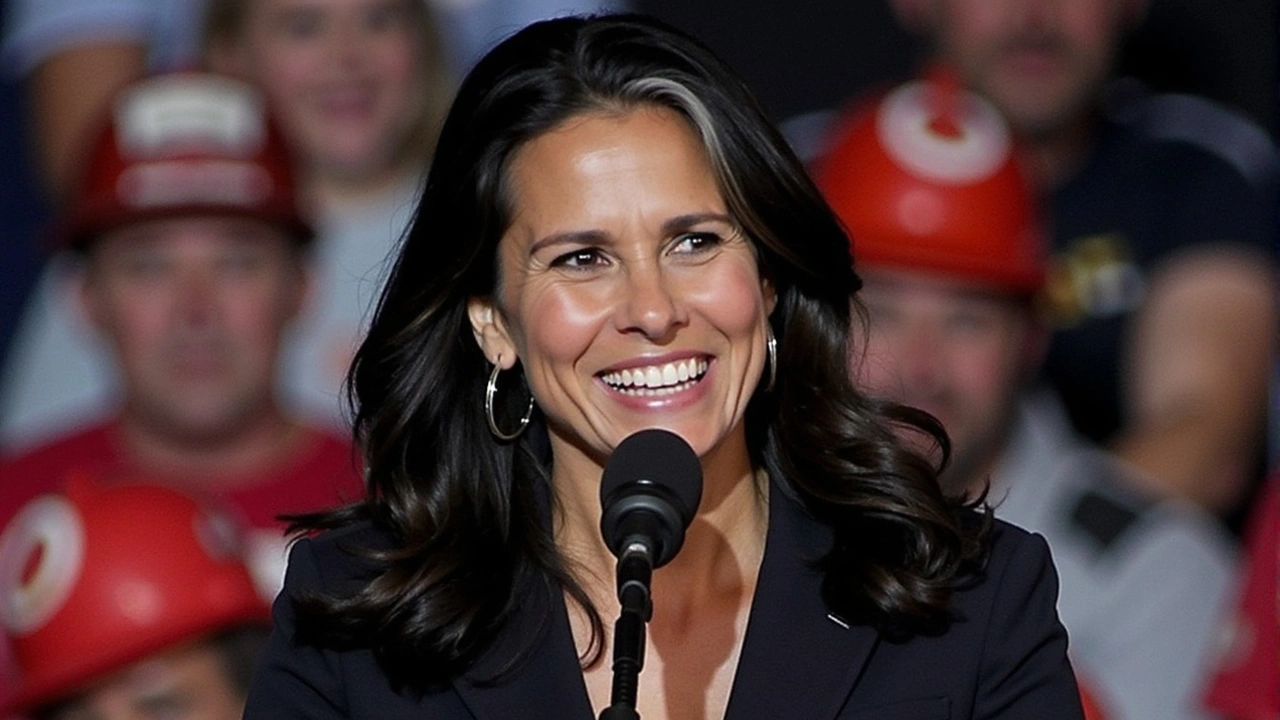National Intelligence – Latest African News & Insights
If you follow politics or business in Africa, you’ve probably heard the term “national intelligence” more than once. It’s the secret‑service side of government that gathers information, spots threats, and helps leaders make decisions. In plain words, it’s the country’s eyes and ears on anything that could affect safety or stability.
Why does this matter to you? Because intelligence work often shows up in headlines – think of a police raid after a spy tip, a diplomatic row over leaked documents, or a sudden security alert before an election. Knowing what the agencies are doing helps you understand why certain events unfold the way they do.
Why National Intelligence Matters
First off, intelligence agencies protect citizens from terrorism, organized crime, and cyber attacks. When a country’s intel unit uncovers a plot, it can stop violence before anyone gets hurt. Second, these agencies guide foreign policy. A well‑informed government can negotiate better deals or avoid costly mistakes. Third, they influence the economy – think of a warning about a potential oil pipeline sabotage that keeps investors alert.
In Africa, the landscape is especially dynamic. Countries like Kenya, Nigeria, and South Africa have large, professional services that work with partners abroad. Smaller states are building capacity, often with help from the United States or European nations. The result is a mix of old‑school spy work and modern tech tools such as satellite imaging and cyber monitoring.
How to Stay Updated on Intelligence Stories
Finding reliable intel news isn’t always easy. Official statements are usually brief, and leaks can be hard to verify. Here’s a quick cheat sheet:
- Follow reputable local papers. Outlets like the Daily Nation (Kenya) or The Punch (Nigeria) often get first‑hand info from government sources.
- Check regional news hubs. Sites such as AllAfrica aggregate stories from many countries, giving you a broader view.
- Watch for think‑tank reports. Groups like the African Centre for Strategic Studies publish analysis that breaks down raw intel into plain language.
- Use social media wisely. Official agency accounts may post alerts on Twitter. Just double‑check with another source before sharing.
If you want a daily snapshot, sign up for newsletters from trusted news portals – they often have a “security” or “intelligence” section. And don’t forget podcasts; several African journalists host short shows that explain complex spy stories in everyday terms.
Finally, remember that intelligence is a moving target. What’s true today might change tomorrow after a new operation or diplomatic shift. Keeping an eye on multiple sources helps you get the full picture without getting caught up in speculation.
Bottom line: national intelligence drives many of the headlines you see about security, politics, and the economy across Africa. By knowing where to look and what to trust, you can stay ahead of the curve and understand the forces shaping the continent’s future.
Trump Appoints Former Rep. Tulsi Gabbard as Head of National Intelligence
Donald Trump has chosen Tulsi Gabbard as his director of national intelligence. Gabbard, a former Democrat and representative from Hawaii, ran in the 2020 Democratic primaries. Trump's decision highlights her bipartisan appeal and her transition to the Republican Party. Her confirmation would require approval from the Senate, marking another significant step in Gabbard's diverse political journey.
READ MORE
